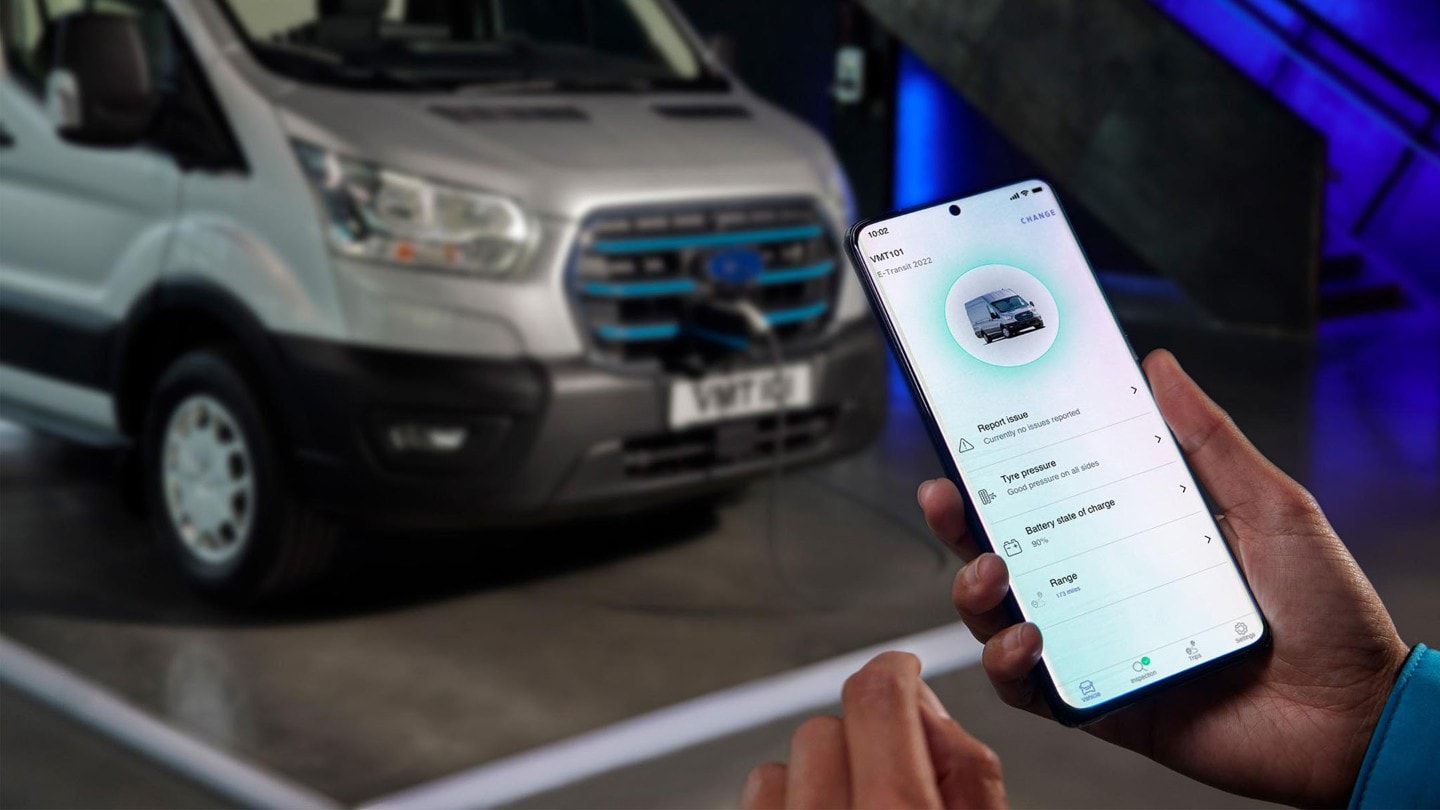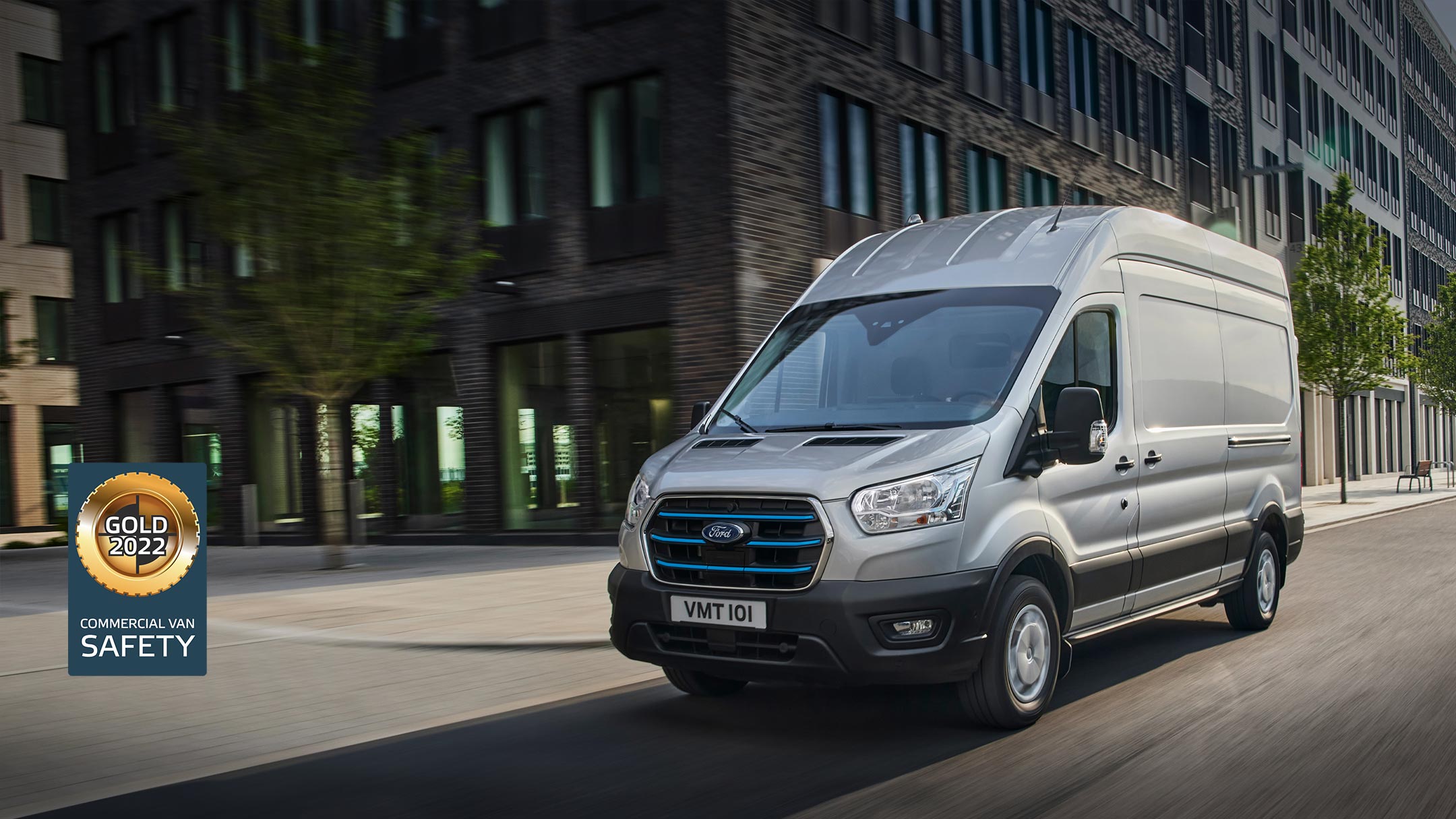BRITS WILLING TO GIVE UP FOREIGN TRAVEL, EATING MEAT, AND BUYING NEW CLOTHES TO SUPPORT FIGHT AGAINST CLIMATE CHANGE
OCTOBER 25, 2021
- New Ford-commissioned study reveals 91% of Brits feel a personal level of responsibility in the fight against climate change
- Significant proportion of Britons are willing to limit purchase of new clothes (44%), use their car less (34%), and give up travelling abroad in aeroplanes (30%)
- Global plan to tackle climate change voted third policy priority for Brits – only getting over the pandemic and ensuring economic recovery post-COVID seen as more pressing concerns
- Quarter of Brits think 2030 ban on petrol and diesel vehicles should be brought forward, but nearly a third think it should be pushed back or scrapped
- Ford, which earlier this year pledged it was going all-in on electrification, has released the findings as part of its Go Electric series of reports
DUNTON, United Kingdom, Monday 25th October , A new Ford-commissioned study looking at public attitudes towards electric vehicles and the global climate emergency has revealed the personal sacrifices Britons are willing to make in the fight against anthropogenic global warming.
Climate Countdown, the latest in Ford’s quarterly Go Electric reports, finds an overwhelming majority of Brits (91%) feel they have a personal level of responsibility in the fight against climate change. Asked about issues facing the United Kingdom today – which included important subjects such as systemic racism, mental health provision, and addressing the gender pay gap – having a global plan to tackle climate change (34%) was viewed as the third most pressing issue facing the country; only getting out of the pandemic (42%) and ensuring economic recovery post-COVID (38%) were deemed more important.
And while agreeing a global climate change plan was a key priority, over a quarter (27%) also said putting in stricter measures to curb climate change was needed immediately.
Released just days ahead of COP26, the crucial climate summit hosted in Glasgow, Ford’s research suggests a surprising level of willingness from UK public to forgo many of the trappings of modern life. Among the key things that Brits would be willing to sacrifice are: not using non-recyclable plastics (45%); limiting purchase of new clothes (44%); reducing energy consumption (44%); using their car less (34%); and not travelling abroad on aeroplanes (30%).
There was also clear indication that consumers expect businesses to be environmentally friendly: 85% said it was important that they buy products from businesses that have a positive or carbon-neutral contribution to the environment, with over half (55%) saying it is either a very important (41%) or the most important (14%) consideration.
BRITAIN’S ATTITUDES TO ELECTRIC VEHICLES
When it comes to Britain’s attitudes to electric vehicles, the research found an increasing recognition that EVs are the future, but it also found there are still legitimate barriers to adoption. Charging concerns and range anxiety are still significant problems in onsumers’ mind, with nearly half (47%) saying they’d have concerns about where they would charge their vehicle, and 40% saying EVs would put them off long journeys. Asked about the 2030 ban on petrol and diesel cars, a quarter (25%) said they thought it should be brought forward. Conversely, nearly a third think it should be pushed back or scrapped altogether.
For the report, Ford also surveyed seven other European markets (Germany, France, Spain, Italy, Poland, Norway and the Netherlands). Cross-comparison suggests that the UK public are among the most climate-conscious in Europe: more Brits (34%) think agreeing a climate change plan is a priority than in Norway (29%), Netherlands (28%), Spain (23%), Germany (31%), France (25%), Italy (31%), and Poland (26%).
“This survey shows how much Britons care about climate change and that they’re ready to take a number of individual actions to help fight it. When it comes to personal transportation, it is clear they see EVs as the future, yet what the survey also shows is that people continue to have concerns around charging infrastructure and perceived range anxiety” said Stuart Rowley, President Ford of Europe.
“I believe it is incumbent upon all stakeholders – government, both national and local, energy providers and auto companies – to make an emphatic case about the opportunities of electrification to consumers and to create the infrastructure necessary to support the vision, as it is only with a unified approach that we can deliver on this promise.”
The full Go Electric: Climate Countdown report can be viewed here.
Ford’s first Go Electric report, The Road to 2030 and the UK’s all-electric future can also be viewed here.
*Research methodology – To better understand people’s views on climate change, as well as their understanding of electric vehicles, we commissioned a survey of 2000 adults from across the UK. To help provide a Europe-wide picture, the same questions to respondents in Germany, France, Italy, Spain, the Netherlands, Norway, Poland.
The surveys, conducted by independent research agency OnePoll, covered a range of broad topics on climate change issues. The sample for each country was nationally representative, and the surveys adhered to MRS code of standards.








